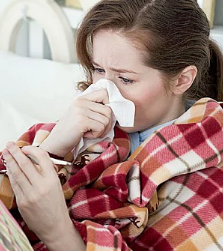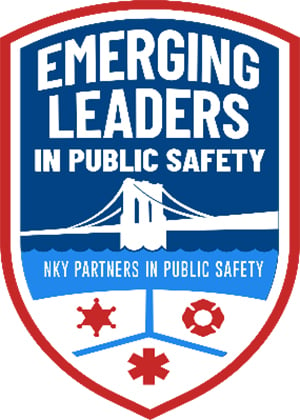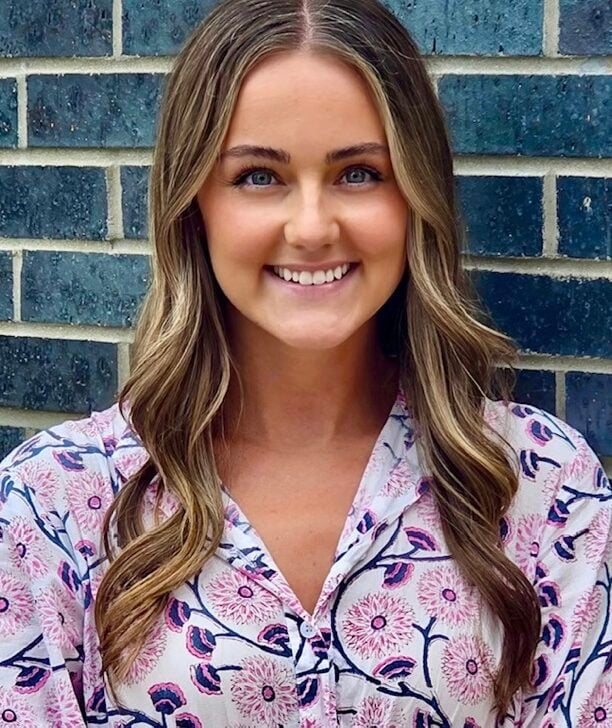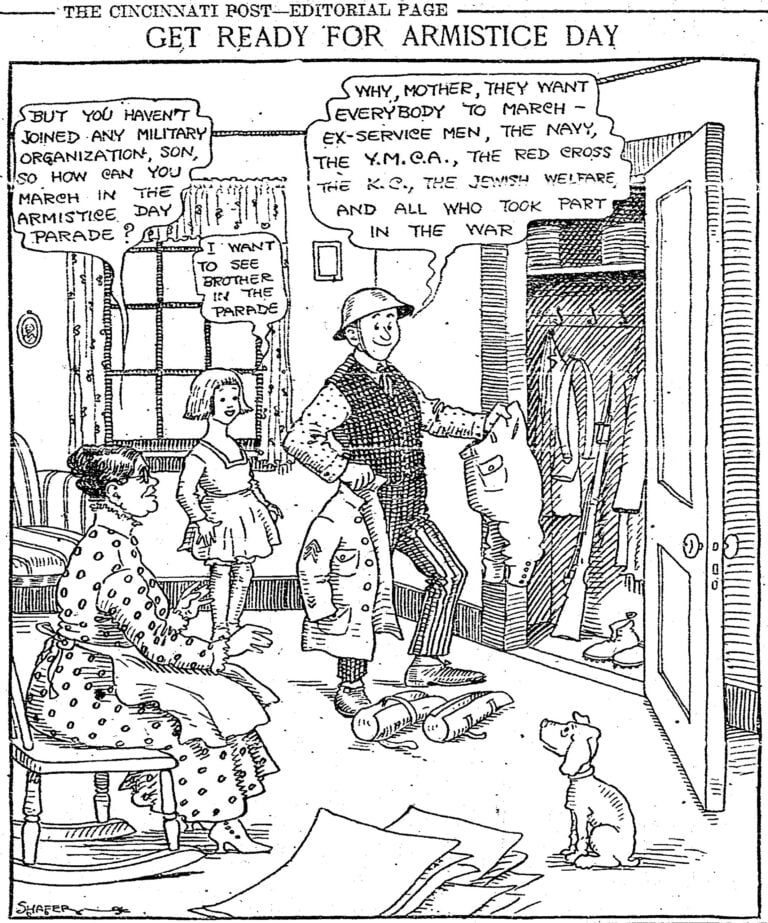By Melissa Patrick
Kentucky Health News
As temperatures drop and people spend more time indoors, the flu and other respiratory viruses can spread easily. Fortunately, you can take precautions to protect yourself, your family and your community.
The American Medical Association recommends that all eligible Americans — everyone 6 months and older (with rare exceptions) — get vaccinated against the flu as soon as possible. While the timing, intensity and severity of each flu season are difficult to predict, vaccination is always the best way to reduce your risk of severe illness from flu — and the best way to protect your loved ones and community by slowing its spread.
Flu vaccination also reduces missed days of work and school, prevents added medical costs, and has even been associated with lower rates of cardiac events among people with heart disease.

Based on preliminary data, the Centers for Disease Control and Prevention estimates that getting vaccinated against the flu reduced the risk of hospitalization due to flu by about 40% in adults and 50 to 60% in children during last year’s flu season. However, fewer than half of all people nationwide received a flu vaccine last season.
“Last year’s flu season was one of the worst in the United States in 15 years, and the statistics speak volumes. The low vaccination numbers resulted in more than 620,000 hospitalizations and 27,000 deaths related to flu illness,” said AMA President Dr. Bobby Mukkamala. “We cannot afford to repeat this pattern. We strongly urge everyone who is eligible to get a flu vaccine as soon as possible, ideally before illness begins spreading widely.”
In addition to flu, other respiratory viruses with potentially serious complications are expected to circulate again this year, including respiratory syncytial virus (RSV) and SARS-CoV-2, commonly known as COVID-19.
The AMA encourages all adults age 75 and older to get vaccinated against RSV, as well as adults ages 50 to 74 with certain medical conditions who are at increased risk for severe RSV. The RSV vaccine is not an annual vaccine, so those who have already received it do not need another dose. Families should also familiarize themselves with the options to protect infants during RSV season, including vaccination during pregnancy or an RSV monoclonal antibody for infants and young children. Most infants will not need both options.
Anyone 6 months and older who wants a COVID-19 vaccine should be able to get one. Certain populations are at increased risk of severe outcomes from COVID-19, including adults age 65 and older, those with underlying medical conditions, patients who are pregnant and children 6 to 23 months of age.
The AMA encourages you to speak with your physician or other health care professional to determine which vaccines are best for you, and to call your doctor or pharmacy to make an appointment for flu and other shots. AMA recently launched infographics to help (see below).
Additional health precautions, such as covering coughs and sneezes, frequently washing your hands, improving indoor air quality and staying home when you’re sick, can also help reduce the spread of viruses. This respiratory virus season, take these steps and get up to date on vaccinations to stay healthy and protect those around you.
Editor’s note: The Kentucky Department for Public Health says that as of Nov. 6, acute respiratory illnesses remain stable in Kentucky, accounting for 11% of emergency department visits across the state. Seasonal flu and RSV remain low.





















